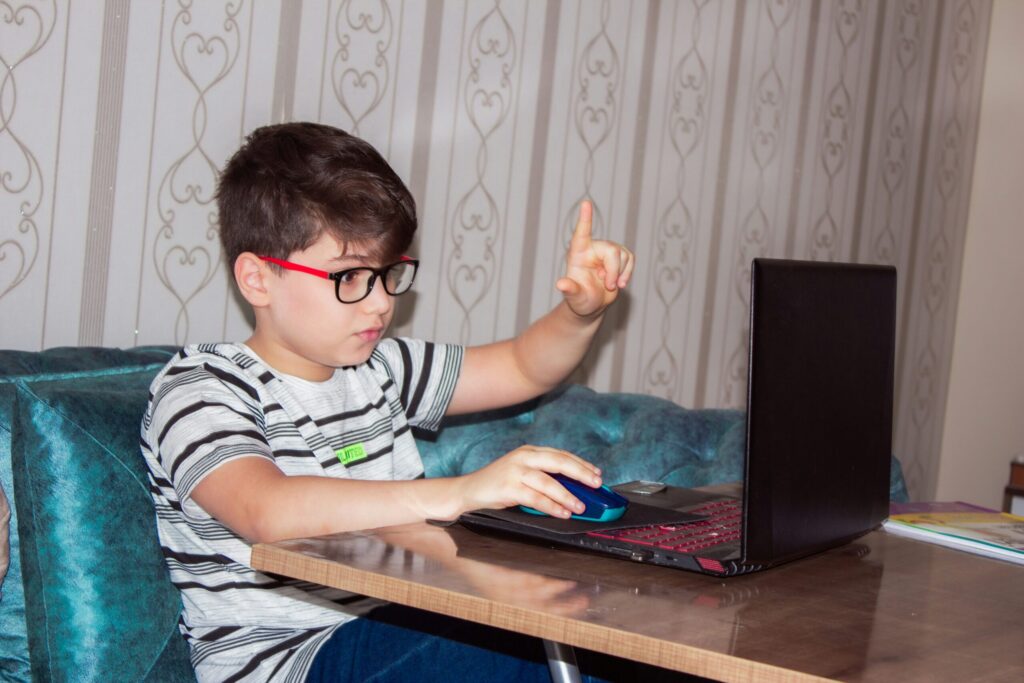The Importance of Managing Screen Time
In today’s digital age, managing screen time has become crucial for both adults and children. Prolonged exposure to screens can lead to various health issues, including eye strain, sleep disturbances, and reduced physical activity. By implementing effective strategies, you can ensure a balanced approach towards screen usage for everyone in the family.
Setting Screen Time Limits
One of the most effective ways to manage screen time is by setting clear limits. For children, the American Academy of Pediatrics recommends no more than one hour of screen time for children aged 2-5 years and consistent limits for older children. Adults should also set boundaries, such as limiting screen use to certain periods of the day or taking regular breaks during prolonged usage.
Encouraging Alternative Activities
Promote activities that do not involve screens to balance digital and non-digital time. Encourage outdoor play, reading, or family games as alternatives to screen-related activities. For adults, hobbies such as gardening, exercising, or pursuing a creative pastime can offer refreshing breaks from screens.
Creating Screen-Free Zones
Designate specific areas in your home as screen-free zones. Common spaces like the dining room and bedrooms can be kept free from screens to promote healthier habits. This practice not only reduces screen time but also encourages family interaction and better sleep hygiene.
Leading by Example
Children often mimic the behavior of adults, so it’s important to lead by example. Show them how to have a balanced approach to screen time by adhering to the limits you set for yourself. This can reinforce the importance of maintaining a healthy relationship with screens.

